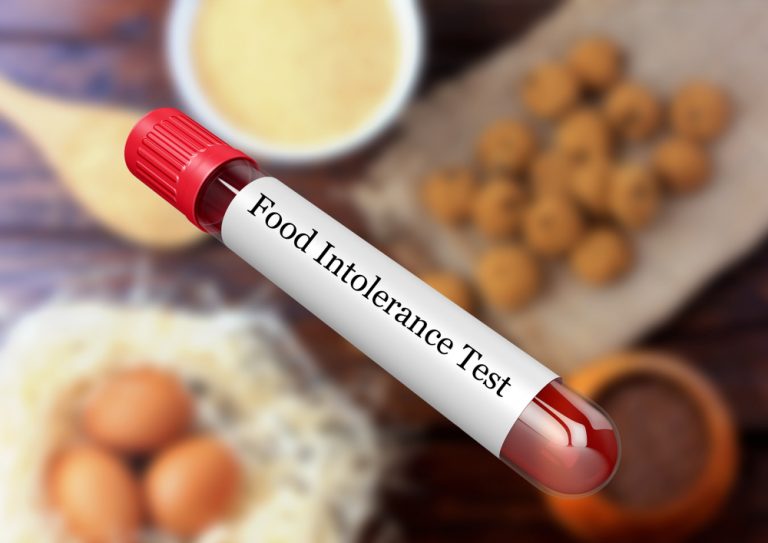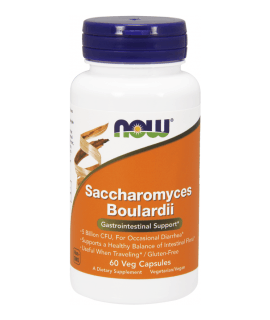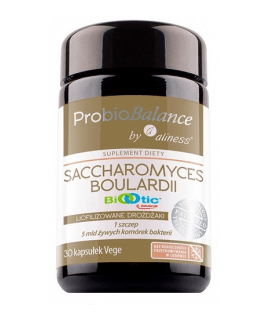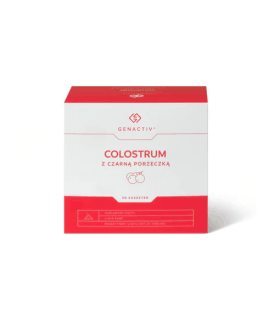Food intolerances of various origins are unfortunately the sign of modern times. People who suffer from food intolerances regularly experience unpleasant symptoms and pain associated with them, which certainly interferes with their natural functioning. An effective solution in such a situation is to make a list of products that are harmful to us and eliminate them from our daily diet.
What are food intolerances
Usually, food intolerances are the result of various types of damage to the intestines, especially the condition of the small intestine, sometimes called "leaky gut”. Breaking one of the intestinal walls causes that various harmful substances, but also bacteria or remnants of undigested proteins get into the blood, which in turn has a negative impact on the whole body, especially on our immune system, because it can lead to chronic inflammation of organs or tissues.
There may be many causes of leaky gut but the most common are:
- food poisoning
- taking antibiotics
- autoimmune diseases
- chronic gastrointestinal diseases
When it comes to food intolerance, it is equally important not to confuse it with food allergy, because even if similar there is no equal sign between intolerance and allergy. Interestingly, it is also indicated that food intolerance can be caused by a monotonous diet, poor in variety, and not consisting of products rich in vitamins and minerals.
As with diseases, there is a specific group of symptoms whose occurrence indicates that we may be dealing with food intolerance.
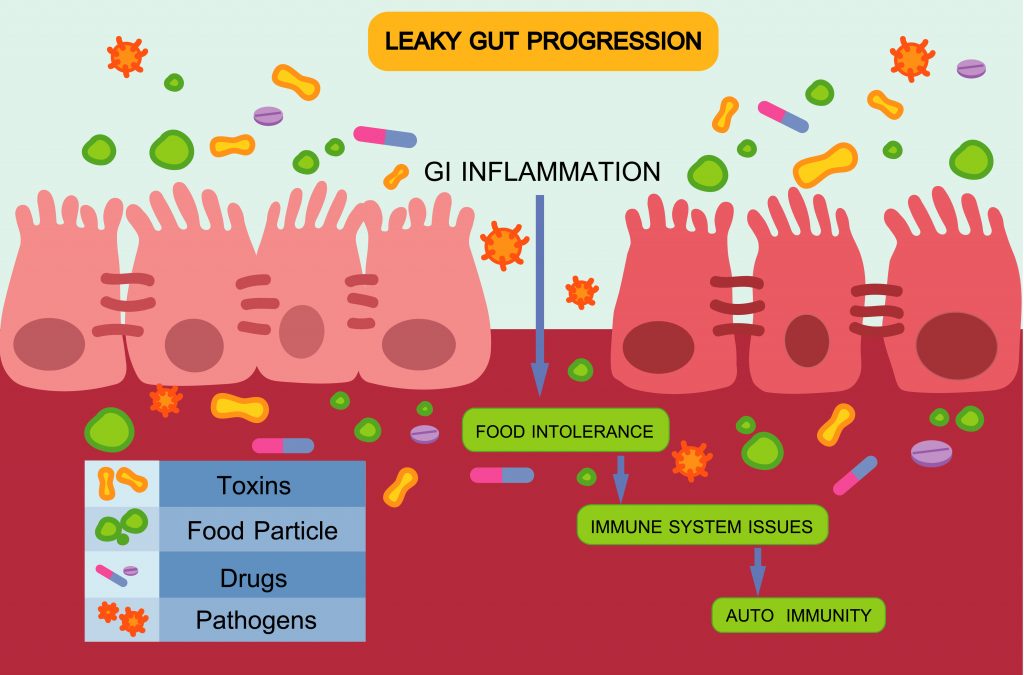
Symptoms of food intolerances
There can be many causes, and common symptoms of food intolerance include:
- swollen eyelids and dark circles under the eyes
- coughing
- metabolic disorders such as bloating, diarrhea, constipation
- heartburn
- water retention in the body
- various kinds of pain, e.g. headaches, stomachaches, joint, and muscle pains
- skin problems, including acne lesions
- dandruff and seborrhea
How to treat food intolerances?
In order to be able to take preventive action or strict treatment, we must first identify the source of our problem. Currently, food intolerances are diagnosed through genetic testing or hydrogen breath tests. As a rule, in most cases, such tests check our body for conditions such as lactose intolerance, fructose intolerance, or histamine intolerance. Testing for food intolerance consists mainly in determining the amount and level of IgG antibodies specific for a given allergen present in the blood of a person.
Testing for food intolerances is usually done in a laboratory, but it is also possible to do it at home. Self-testing for food intolerance involves taking a blood sample from your finger and testing it for IgG antibodies. As a rule, food intolerance tests cover 40, 60, 90, 110, or more than 200 potentially intolerance-inducing substances.
Management of food intolerances
At present, the most popular solution for treating food intolerance is the use of a specialized and individually planned diet, which, with proper intake, lasts approximately 6 to 12 months, depending on the degree of product-specific intolerances.
Following this diet is the most important thing, because if we do not follow the recommendations of a dietician, we may end up with nutritional deficiencies that are harmful to our body. Of course, a diet does not mean making inhuman sacrifices, but in purely practical terms, it consists of replacing the food that causes an allergy with other products, which our body tolerates better. The amount of food will not change, but the diet will prevent serious illnesses.
Food intolerance and food allergy - what is the difference?
A food allergy, in other words, is a pathological reaction of the body to a daily consumed food, usually of short duration, occurring very quickly after the consumption of a given food product.
By a food intolerance, we mean such changes that may appear only after a few days, and its negative effects persist for a long time and if untreated lead to serious diseases.
In general, the main difference between food intolerance and allergy is the involvement of the immune system, because food intolerance is a non-allergic hypersensitivity that results from mechanisms other than immunological, e.g. lack of a specific group of enzymes, pharmacological or gastrointestinal, which is not present in food allergy.
